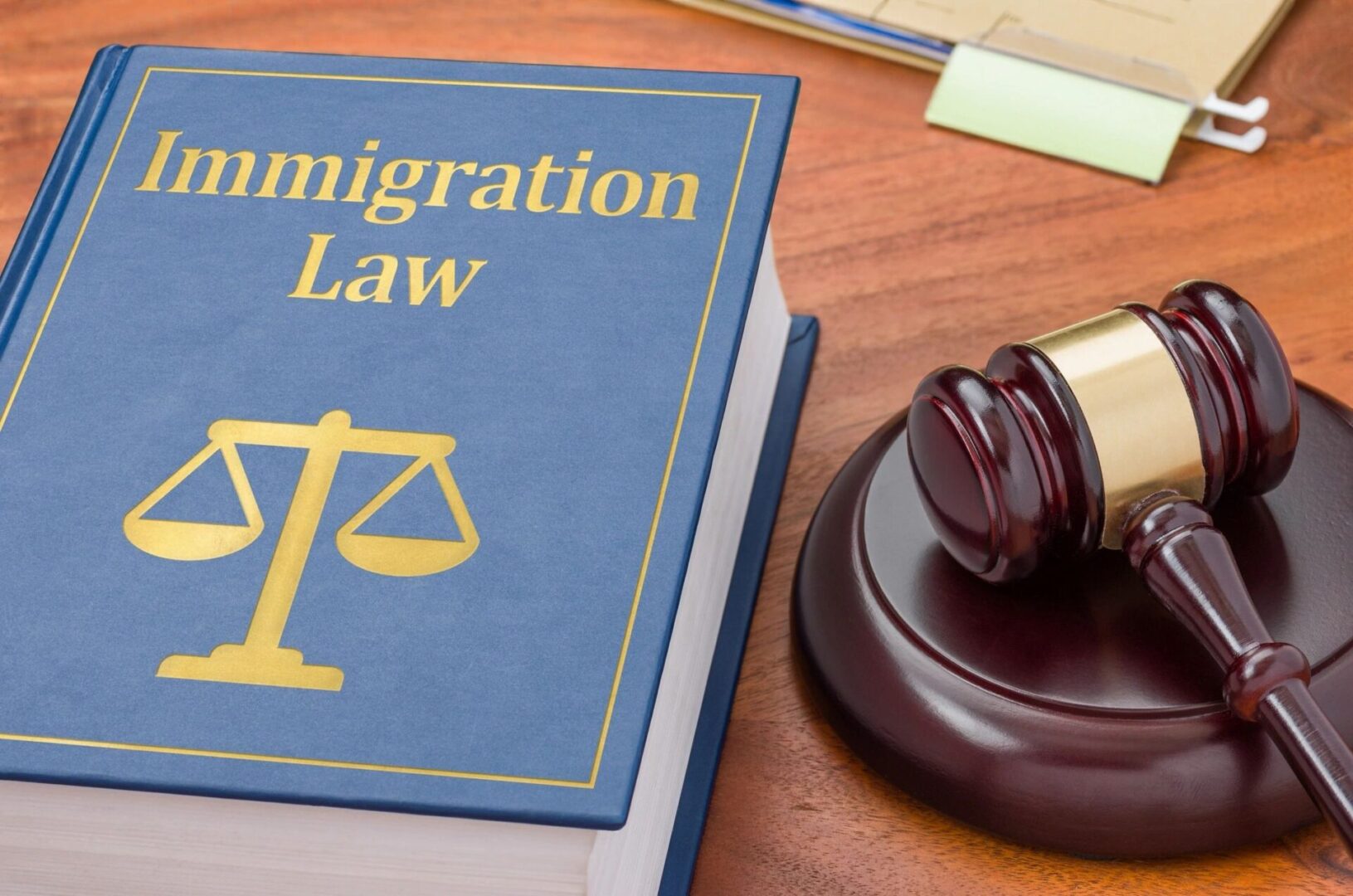
U.S. Citizenship and Immigration Services
Green Card (Permanent Residence)
A person who is granted lawful permanent residence is authorized to live and work in the United States indefinitely. There are various pathways to obtaining a permanent resident card, commonly referred to as a "Green Card." The most typical routes involve sponsorship by a family member or an employer in the U.S.
Other options for securing lawful permanent residence include refugee or asylum status, or through various humanitarian programs. Each pathway comes with its own set of rules and requirements.
U.S. Citizenship through Naturalization
Naturalization grants U.S. citizenship to a foreign citizen or national after the requirements of the Immigration and Nationality Act have been fulfilled. In almost all cases, an applicant must be a lawful permanent resident (green card holder) and have been residing in the United States for at least five years.
You may also apply if you have been a permanent resident for at least three years and have been living in marital union with the same U.S. Citizen spouse during these three years and meet other requirements. In some cases, spouses of U.S. citizens working abroad may qualify regardless of their time spent residing in the U.S. as permanent residents.


U.S. Citizenship through Parents
A person born outside of the United States to a U.S. Citizen parent or parents may qualify for U.S. citizenship depending on the law that was in effect at the time of birth.
The laws vary depending on whether the child was born in or out of wedlock but generally require one of the parents to be a U.S. citizen when the child was born. In addition, physical presence requirements apply as well, such as prior to the birth of such person, the U.S citizen parent must have been physically present in the United States or its outlying possessions for a period or periods totaling not less than five years, at least two of which were after attaining the age of fourteen years.
In addition, children born outside the United States may also automatically acquire citizenship after birth if certain requirements are met. Such requirements require the parent to be a U.S. Citizen through birth or naturalization, the child is under the age of 18, the child is a lawful permanent resident, and the child is residing in the U.S. in the legal and physical custody of the U.S. citizen parent.
Family of U.S. Citizens
U.S. citizens may petition for certain family members to receive a lawful permanent residence "Green Card" to reside permanently in the U.S. Under the U.S. immigration system, two categories of family-based immigration exist. Immediate relative categories and family preference categories. You may petition for lawful permanent residence for your immediate relatives, which include your spouse, children (unmarried and under 21), and parents of a U.S. citizen (if you are 21 or over). Family preference categories include family member such as: (F1) unmarried sons and daughters (21 years of age and older) of U.S. citizens, (F2A) Spouses and children (unmarried and under 21 years of age) of lawful permanent residents; (F2B) unmarried sons and daughters (21 years of age and older) of lawful permanent residents; (F3) married sons and daughters of U.S. citizens; and (F4) Brothers and sisters of U.S. citizens (if the U.S. citizen is 21 years of age and older).
You may also petition for a fiancé residing outside the U.S. and for the children of your fiancé that are under 21 years of age. Lastly, you may petition for a K-3/K-4 nonimmigrant visa for your spouse and the children of your spouse if they are unmarried and under 21.

Family of Green Card Holders
As a lawful permanent resident ("Green Card" holder), you may petition for certain family members to immigrate to the United States as lawful permanent residents. You may petition for your spouse, unmarried children under 21, and unmarried sons or daughters of any age.
Temporary (Nonimmigrant Worker)
A temporary worker may enter the United States for a temporary period of time. Their stay in the U.S. is for a specific purpose, and they are restricted to the activity or reason for which their nonimmigrant visa was issued.
Permanent (Immigrant Worker)
A permanent immigrant worker is authorized to work and live permanently in the United States. Every fiscal year there are approximately 140,000 immigrant visas available for immigrants and their families (spouses and children) who seek to work in the United States based on their job skills.
Employment-based immigration visas are divided into five preference categories which are based on different combinations of skills, education, and work experience.

Student Visa
There are thousands of foreign students in the United States each year. To study in the United States, individuals need a student visa. There are two nonimmigrant visa categories, known as F and M visas.
F-1 Student visas are academic students who attend an accredited college, university, seminary, conservatory, academic high school, elementary school, or other academic institution or language training program that culminates in a degree, diploma, or certificate.
M-1 student visas are vocational students who engage in vocational or other nonacademic programs other than language training.
Exchange Visa
Exchange program visitors need a J-1 visa which authorizes the participation in programs for the purpose of teaching, studying, observing, conducting research, consulting, demonstrating special skills, receiving training, or to receive graduate medical education or training.

Business Visa
Visiting the United States for business requires a temporary visitor for a business visa (B-1). Activities that fall under this visa category may be of a commercial or professional nature.
For example, consult with business associates, negotiate a contract, attend a business conference for medical treatment, or accompany a family member who requires medical treatment.
Tourist Visa
A tourist visa B-2 is for individuals who want to visit the United States for pleasure which is a temporary visit for vacation or to visit family or friends.
Investor Visa
The treaty trader (E-1) or treaty investor (E-2) visa is for a national of a country to carry on substantial trading or to develop and direct the operations of an enterprise in which the national has invested, or is in the process of investing a substantial amount of capital in the United States.
Spouses and unmarried children under 21 years of age may receive a derivative E visa to accompany the main visa holder.
Free Consultation
Receive a free 30-minute consultation.
During your consultation, Gregory S. Duncan will review your legal issue and discuss the best course of action. All communication is held in the strictest confidence.
Call us today! Office: (760) 729-2774 or complete our online form.